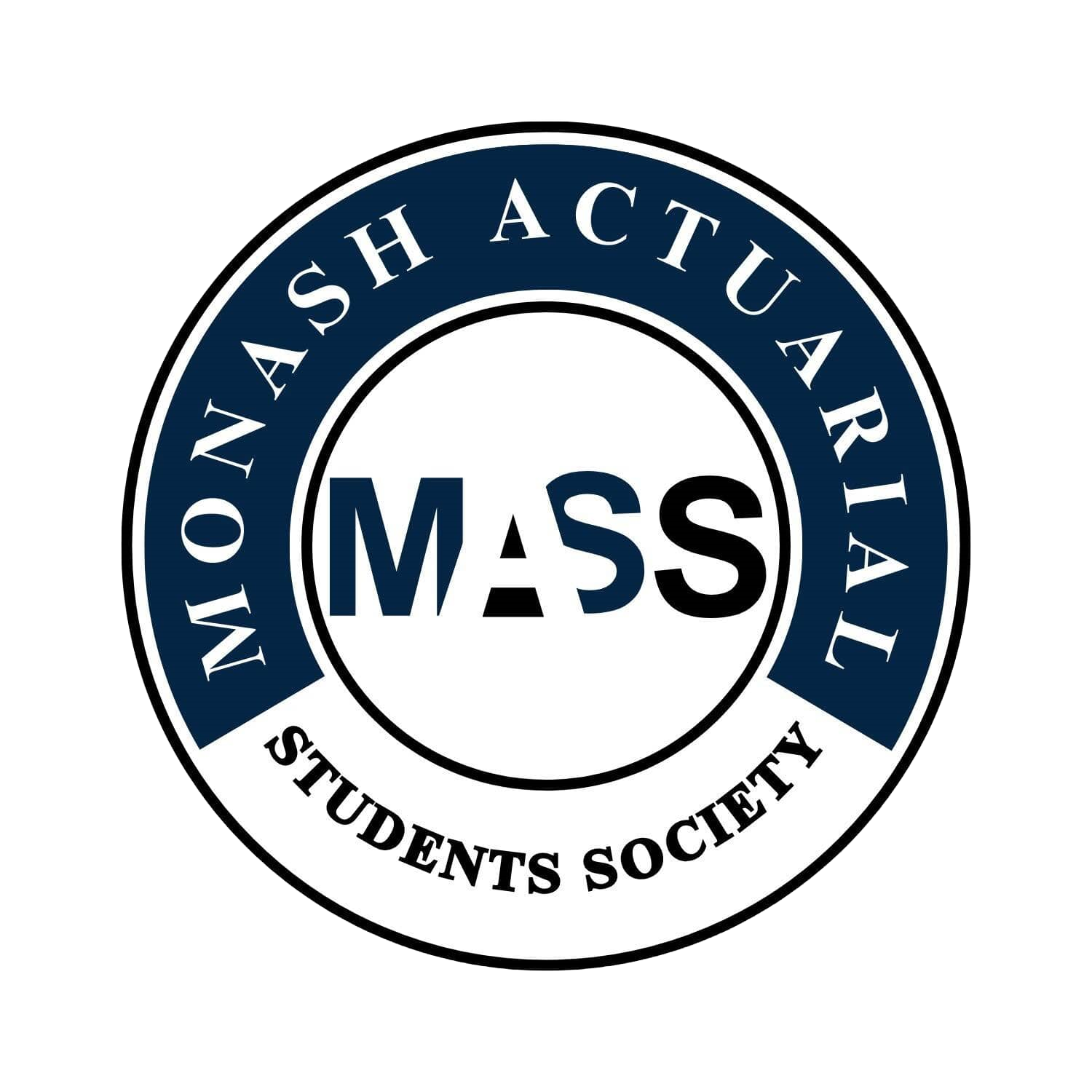ETC1010 Introduction to Data Analysis
Difficulty:
Year Completed: Semester 1, 2025
Prerequisite: N/A
Exemption: N/A (prerequisite for other units)
Mean Setu Score: 84.6%
Clarity of Learning Outcomes: 86.67%
Clarity of Assessments: 93.33%
Feedback: 86.67%
Resources: 86.67%
Engagement: 86.44%
Satisfaction: 81.67%
Subject Content:
Lecture(s) and Tutorial(s):
Textbook(s):
Assessments:
Basic data analysis techniques were covered, with an emphasis on practical application using the R programming language. Topics included exploratory data analysis, text and sentiment analysis, data visualisation techniques, cluster analysis, and linear methods. Students learned to handle, analyse, and communicate data effectively.
Lectures: 1 lecture per week, approximately 1.5 to 2 hours long (often shorter than scheduled). Lectures were recorded and mostly theory-based with some examples and animations to clarify concepts.
Tutorials: 1 tutorial (1.5 hours) plus 1 workshop (1 hour) per week. Tutorials focused on applying lecture theory in R, going through exercises and quizzes. Workshops were optional consultation sessions with the Chief Examiner without new content.l
No materials were recommended or required.
Weekly quizzes (5%) — unlimited time, individual
Mid-semester test (10%) — 80 minutes, individual
Assignment 1 (20%) — individual
Assignment 2 (15%) — 80 minutes, individual
Final exam (50%) — 2 hours 10 minutes, closed book, no calculator, individu
Comments
Generally well-received with manageable content and assessments. The Chief Examiner (CE) and tutors were helpful and responsive. Recent timetable changes led to shorter tutorials, which felt rushed but still useful.
Recorded lectures provided necessary explanations and examples, though engagement was moderate. Lecture slides contained most of the material, so some students felt they could manage without watching.
Attendance was not mandatory but strongly recommended. Tutorials were helpful for applying theory and preparing for assessments despite moving quickly due to timetable changes.
The mid-semester test and quizzes sometimes included content not directly covered in lectures or tutorials, making revision harder. Assignments were more straightforward and marked leniently. The exam aligned well with taught material and practice exams.
Closed-book with no calculator allowed, covering almost all unit content except web scraping. The exam was similar in difficulty to practice exams and manageable if tutorials and lectures were reviewed.
Stay on top of content regularly, as tutorials progress quickly.
Watching lectures before tutorials is beneficial.
Engage with tutorials actively for best understanding.
Use provided practice materials to prepare for assessments and exams.
General Overview:
Lectures:
Tutorials:
Assessments/Other Assessments:
Exams
Concluding Remarks

